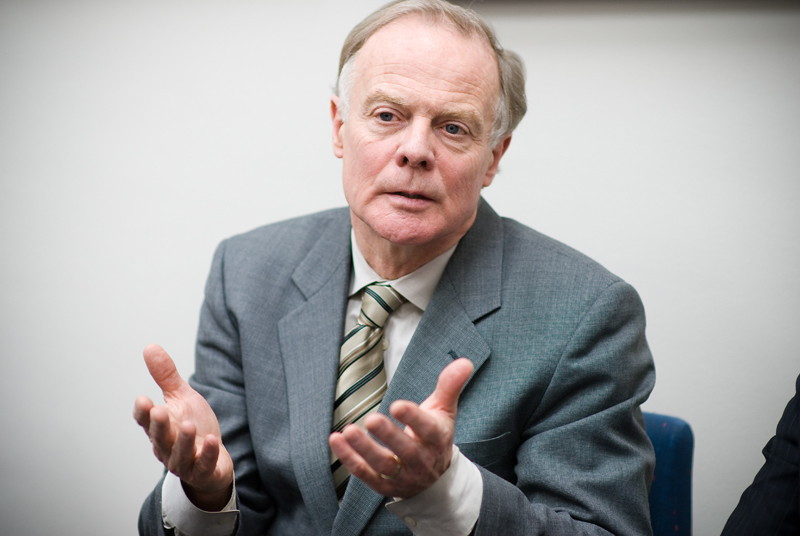Politicians use social media to advertise, educate
Using social media necessary, says MP
What do Stephen Harper, Greg Selinger and Karl Rove have in common?
They’re all on Twitter.
Politicians from all levels of government are tweeting, blogging and updating their Facebook pages in order to advertise, educate and reach out to the public.
“I think that having a website [and using social media] has become necessary for almost every politician at any level,” said Rod Bruinooge, Conservative member of Parliament for Winnipeg South. Facebook, blogs and other forms of social media are widely used and embraced for different purposes by different politicians, he said.
Since being elected in 2006, Bruinooge has been equipped with a well-designed and regularly updated website. He has recently joined Facebook and Twitter as a means of informing the public, advertising the Conservative brand and campaigning for re-election.
Meanwhile, other politicians have opted to leave their mark on the blogosphere. Jon Gerrard, leader of the Manitoba Liberal Party, has been blogging since August 2005.
“The mainstream media have their own slant and my blog provides a Liberal perspective on what is going on at the legislature,” he said. “It is also useful in getting a personal view of who I am.”
On Jan. 22, Gerard posted a blog telling the story of his father’s battle with acute macular degeneration, an age-related condition that causes severe visual impairment. In the process, he alerted the public that Lucentis, a drug used to treat the condition, is not covered under Pharmacare in Manitoba.
“The Internet makes what I do more open, transparent and accountable,” he said.
Similarly, Winnipeg’s City Hall has embraced social media as a tool to provide information to the public.
Councillor Jenny Gerbasi (Fort Rouge-East Fort Garry) regularly distributes an eNewsletter, a discussion of issues faced by city council. The newsletter is distributed through a large e-mail network made up of people who have signed up through her website.
“What I do is kind of unique,” she said. “I let people know when a controversial issue comes up in council and I use the [e-mail] network and Facebook strategically to get people engaged in the political process.”
Gerbasi pointed to the successful Internet mobilization over last year’s move to privatize the wastewater utility, as well as Facebook groups in support of Winnipeg’s heritage buildings.
While some see the benefit of using the Internet as a tool to mobilize the public, others feel that it decreases accountability and puts politicians under unnecessary personal scrutiny.
Lesley Hughes ran as a federal Liberal candidate for Kildonan-St. Paul in 2008. She is now seeking a defamation suit against the Canadian Jewish Congress, B’Nai Brith (another Jewish organization) and Peter Kent, a Conservative MP for the Ontario riding of Thornhill.
Hughes was dropped from her candidacy after the Black Rod, an anonymous Winnipeg political blogger, cited a controversial newspaper column Hughes had written for local Winnipeg newspapers that discussed claims made by the 9-11 truth movement. Her writings were later spread to the mainstream media, which alerted several Jewish organizations who deemed her column to be anti-Semitic. These organizations pressed to have her candidacy relinquished by then-Liberal leader Stephane Dion.
“These groups proceeded to wreck my reputation for speaking in very measured ways about a controversial issue,” Hughes said. “Bloggers have the privilege of complete lack of accountability ... if you Google my name you will find a monster and a bigot ... that will be there forever.”
To read more about the plight of Lesley Hughes, visit Ethan Cabel’s blog at www.uniter.ca/blogs
Published in Volume 64, Number 21 of The Uniter (March 4, 2010)







